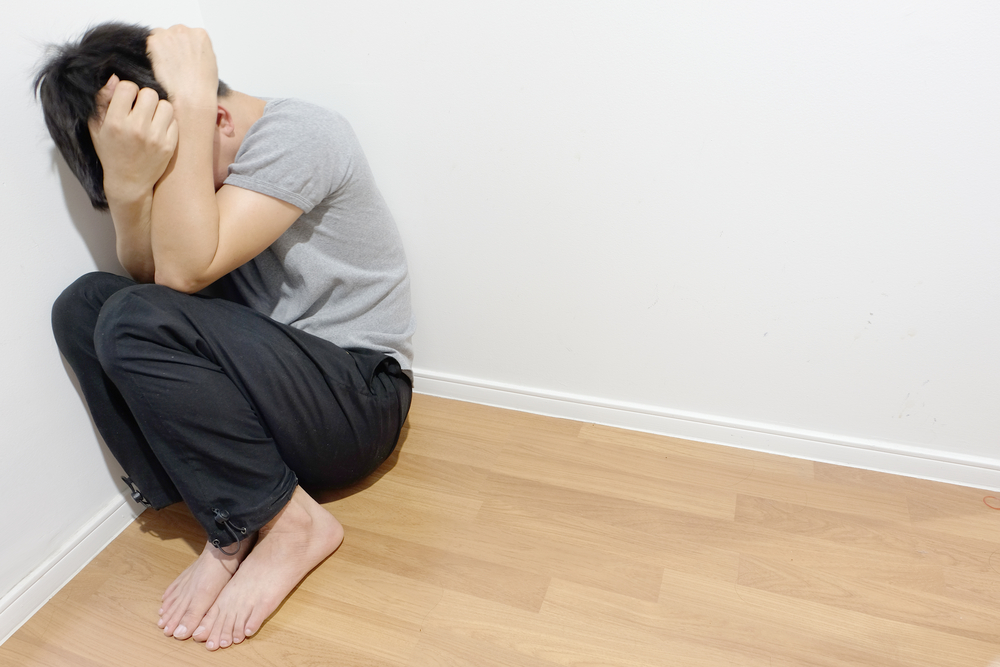Bipolar disorder in child and teens is a mental disease described by extraordinary behavioral changes. It happens in 1 to 3 percent of children and is more typical in youths than in children.
All kids may encounter behavioral changes. These good and bad times are typically ordinary phases of growing up.
You might need to consider having your kid assessed for bipolar disorder if they are encountering changes in behavior that are accompanied by:
- Increased energy and action
- Agitation
- Sleeplessness
- Depression


